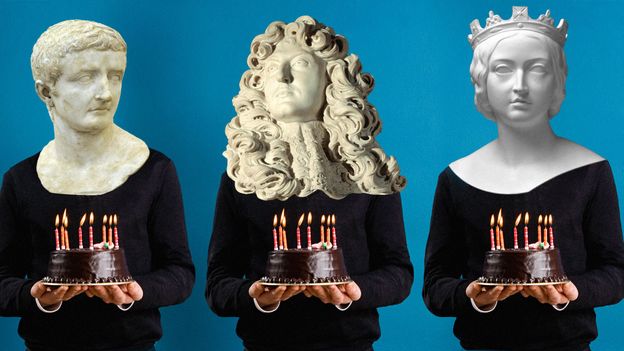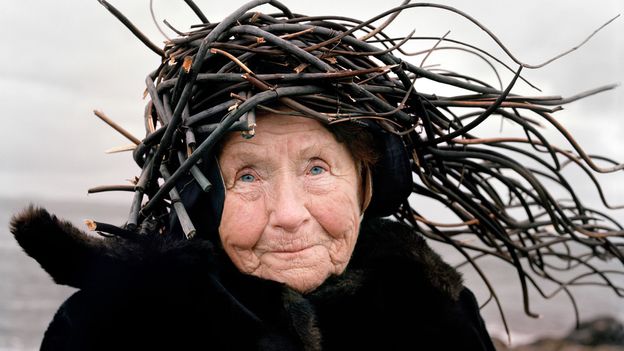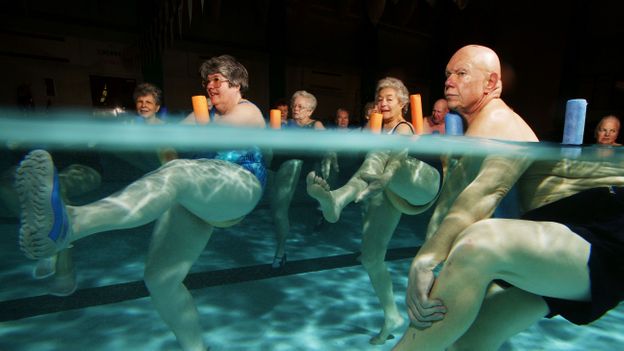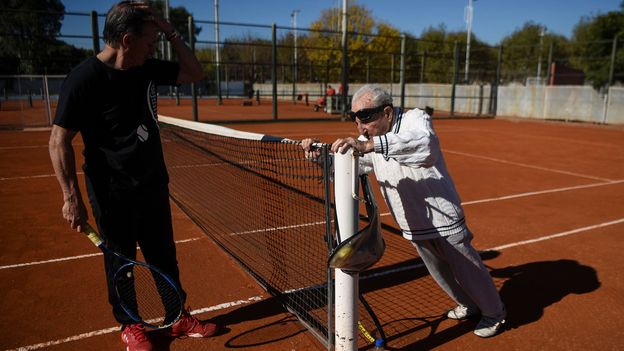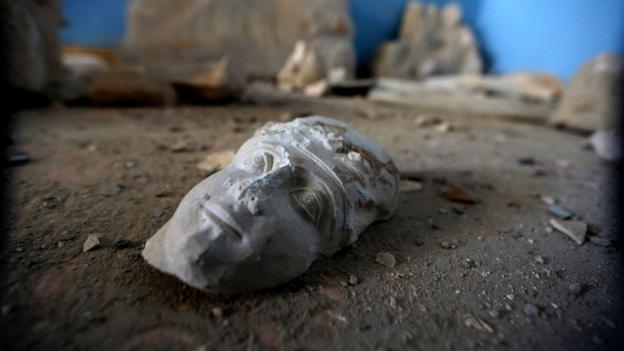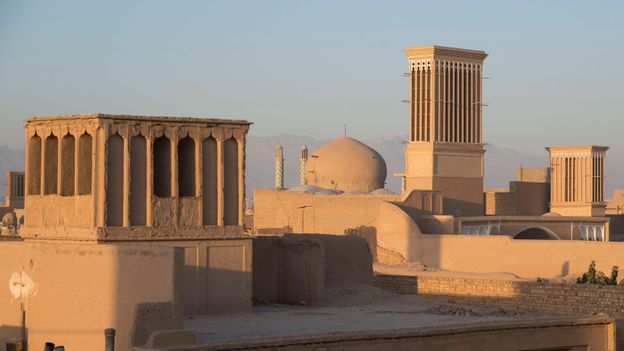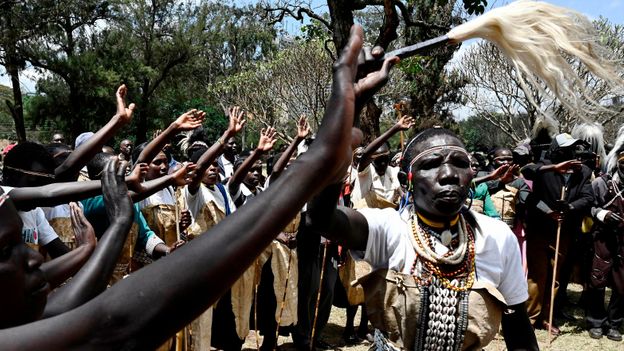If one’s thirties were a decrepit old age, ancient writers and politicians don’t seem to have got the message. In the early 7th Century BC, the Greek poet Hesiod wrote that a man should marry “when you are not much less than 30, and not much more”. Meanwhile, ancient Rome’s ‘cursus honorum’ – the sequence of political offices that an ambitious young man would undertake – didn’t even allow a young man to stand for his first office, that of quaestor, until the age of 30 (under Emperor Augustus, this was later lowered to 25; Augustus himself died at 75). To be consul, you had to be 43 – eight years older than the US’s minimum age limit of 35 to hold a presidency.
In the 1st Century, Pliny devoted an entire chapter of The Natural History to people who lived longest. Among them he lists the consul M Valerius Corvinos (100 years), Cicero’s wife Terentia (103), a woman named Clodia (115 – and who had 15 children along the way), and the actress Lucceia who performed on stage at 100 years old.
Then there are tombstone inscriptions and grave epigrams, such as this one for a woman who died in Alexandria in the 3rd Century BC. “She was 80 years old, but able to weave a delicate weft with the shrill shuttle”, the epigram reads admiringly.
Not, however, that ageing was any easier then than it is now. “Nature has, in reality, bestowed no greater blessing on man than the shortness of life,” Pliny remarks. “The senses become dull, the limbs torpid, the sight, the hearing, the legs, the teeth, and the organs of digestion, all of them die before us…” He can think of only one person, a musician who lived to 105, who had a pleasantly healthy old age. (Pliny himself reached barely half that; he’s thought to have died from volcanic gases during the eruption of Mt Vesuvius, aged 56).
In the ancient world, at least, it seems people certainly were able to live just as long as we do today. But just how common was it?
Age of empires
Back in 1994 a study looked at every man entered into the Oxford Classical Dictionary who lived in ancient Greece or Rome. Their ages of death were compared to men listed in the more recent Chambers Biographical Dictionary.
Of 397 ancients in total, 99 died violently by murder, suicide or in battle. Of the remaining 298, those born before 100BC lived to a median age of 72 years. Those born after 100BC lived to a median age of 66. (The authors speculate that the prevalence of dangerous lead plumbing may have led to this apparent shortening of life).
The median of those who died between 1850 and 1949? Seventy-one years old – just one year less than their pre-100BC cohort.
Of course, there were some obvious problems with this sample. One is that it was men-only. Another is that all of the men were illustrious enough to be remembered. All we can really take away from this is that privileged, accomplished men have, on average, lived to about the same age throughout history – as long as they weren’t killed first, that is.
Still, says Scheidel, that’s not to be dismissed. “It implies there must have been non-famous people, who were much more numerous, who lived even longer,” he says.

